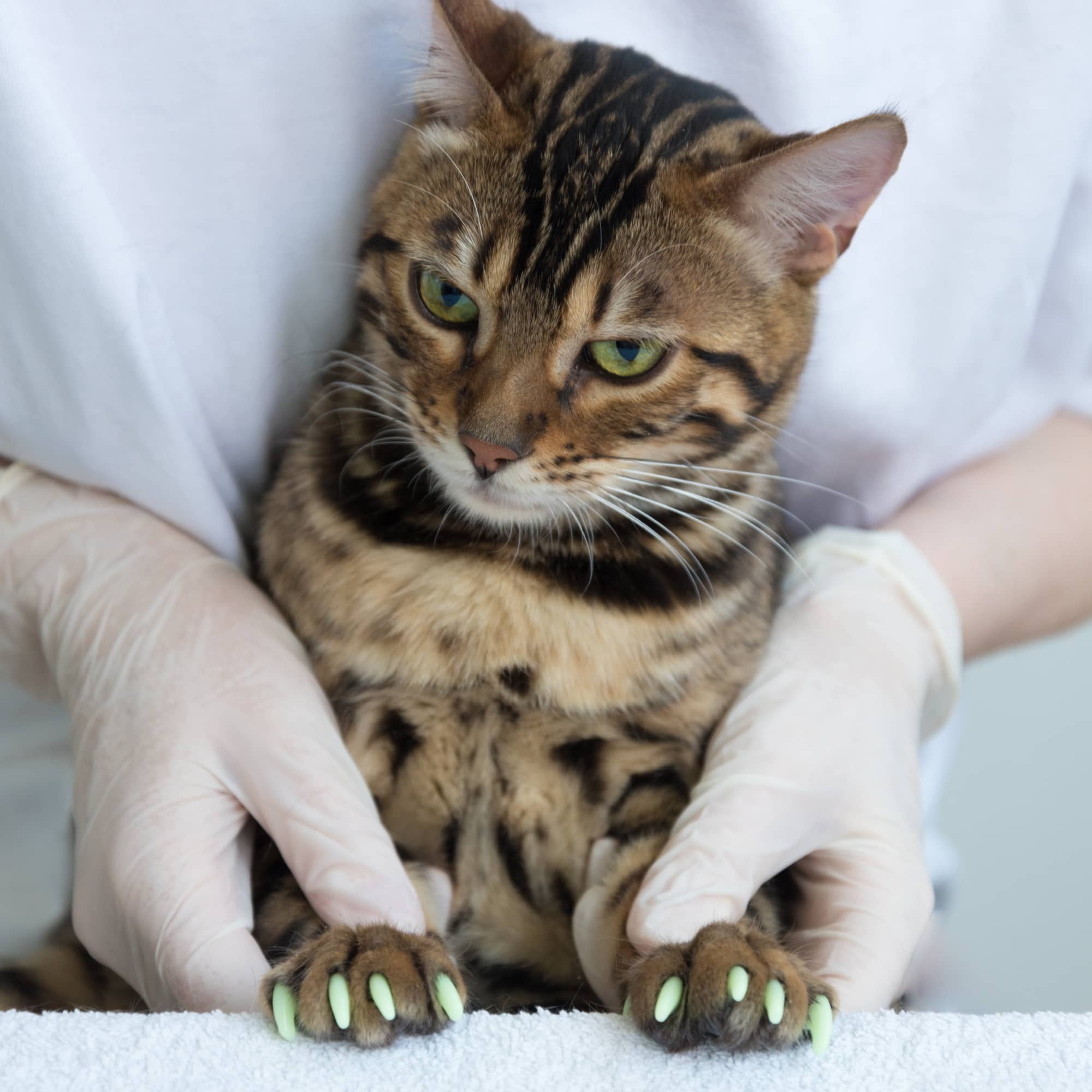
- POPSUGAR Australia
- Living
- Here Is Exactly How to Get Your Cat to Stop Jumping Onto the Kitchen Table
Here Is Exactly How to Get Your Cat to Stop Jumping Onto the Kitchen Table

Scratching mirrors, licking tape, and sleeping in strange places – sometimes our favourite feline friends can exhibit some pretty unique (and pesky) behaviour. My cats’ favourite anxiety-inducing habit to do as of late involves jumping up onto the kitchen table during meals. It doesn’t matter if it is breakfast, lunch, or dinner, my two cats will climb and claw their way onto the dining table to get a closer look (and sniff) at what we are eating. Thankfully, there are some simple ways to help diminish this behaviour for good. POPSUGAR connected with two experts to help learn more.
“If you have a cat that is prone to jump on a table, one great option would be to find an alternative for them to climb on,” Dwight Alleyne, DVM, a JustAnswer veterinarian, explained. He suggested that this can be accomplished by picking out a cat tree for your pet that has a high platform that they can sit or lie on. “You can add catnip to the tree and their favourite toys to keep them occupied and distracted from the kitchen table,” he added.
A common reason your cat may be jumping up onto your kitchen table or counters, especially when you are not in the room, may be because they want access to your food. Because of this, Dr. Alleyne shared, it is important to make sure all food and crumbs are cleared from surfaces when you are not there. Cats may also be less interested in getting their paws on some human food if they have their own food readily available to them at all times. “Sometimes having a cat who grazes on dry food can help curb this behaviour as well since you can free feed,” he said.
Lastly, if these preventative measures don’t seem to be working, then deterrents can be put in place to help minimize this pesky habit. “Place different substrates on your counters when you are not there, such as plastic sheets, foil, [or even] a wet towel,” explained Sam Meisler, DVM, the CEO of PetWellClinic. These obstacles will make your cat less interested in repeating this behaviour. “Of course, also avoid scaring your cat or yelling at it – it just damages your relationship,” Dr. Meisler cautioned. “As most family therapists say, relationship over task.”


